CONTINUE READING...
Esophageal transit scintigraphy (ETS) is a noninvasive, quantitative method of assessing esophageal motility. As many as 50% of patients with dysphagia who have normal manometry and barium examinations are found to have esophageal dysmotility on scintigraphy. Early studies reported a high sensitivity for detecting esophageal dysmotility, but later studies reported a lower sensitivity, especially for disorders with intact peristalsis but high-amplitude contractions or isolated elevation of lower esophageal sphincter (LES) pressures.1,2 More recent studies confirm a high sensitivity for detecting a wide range of esophageal motility disorders.
❰❰ PATIENTS INSTRUCTIONS
| • This procedure requires exposure to a radioactive material. | |
| • If there is a possibility that you are pregnant, please inform the Nuclear Medicine staff. | |
| • If you are breast-feeding, please inform the Nuclear Medicine staff. | |
| • 24 hours before the procedure STOP* the following medications: | |
| o Narcotic Analgesics. | |
| o Antidepressants. | |
| o Calcium Channel Blockers. | |
| o Beta-blockers. | |
| o Reglan. | |
| o Propantheline. | |
| o Metoclopramide. | |
| o Cisapride. | |
| o Erythromycin. | |
| o Bethanechol. | |
| * Check with your referral doctor if these medications can be withdrawn before the procedure. | |
| • Do not stop other medications. | |
| • 24 hours before the procedure STOP smoking. | |
| • Fasting is required for this procedure: | |
| o Adults: Full fast (no food and water) 4 hour before the procedure. | |
| o Pediatric: Full fast (no food and water) 2 hour before the procedure. | |
| • For 6 hours after the injection: Drink plenty of water and empty your bladder frequently. | |
❰❰ RADIATION SAFETY
Nuclear medicine diagnostic procedures are safe except for pregnant ladies, unless it is requested by the physician for exceptional cases. However, the procedure better to be discussed with the doctor to know the desired benefits of the test and the alternative procedures, or you can ask the the nuclear medicine specialist about the procedure.
No, you shouldn’t because nuclear medicine scans use high-energy radioisotopes, the radiation passes directly from the other person without interacting with tissues. In contrast, wearing a lead apron slows down the radiation beam, which allows it to deposit its energy in the body and interact with tissues.
The risks from diagnostic doses are usually small compared to other lifetime risks to which the patient is exposed to and the amount of radiation dose in most diagnostic procedures is less than an x-ray, CT scan, or fluoroscopy.
When the body is exposed to radiation, tissue damage may occur, which in turn may damage DNA or chromosomes, increasing the risk of genetic mutations. When a fetus is exposed to radiation doses, it may cause abnormalities in an organ or irreparable damage and if the radiation dose is too high, it may cause the death of the fetus.
The radioactive dose used in diagnostic procedures in nuclear medicine is very low, unlike radiation treatments in which the amount of radioactive dose is high and this gives the desired effect on the tissues or organs when radiotherapy. That is why the patient must undergo a pregnancy test in the event of suspicion or if the pregnancy is uncertain before starting the therapeutic doses.
In diagnostic procedures the radioactivity is very low. However, the patient may be asked to maintain a distance of approximately one meter between him and his family members for a period of time given by the nuclear medicine specialist to protect them from exposure to radiation.
One the other hand, in therapeutic procedures, the patients may present some slight risk to their family members if they do not follow the INSTRUCTIONS ON RADIATION SAFETY given to them by the nuclear medicine specialist.
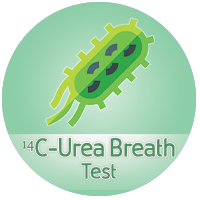
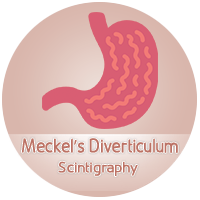
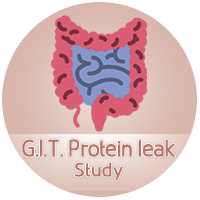
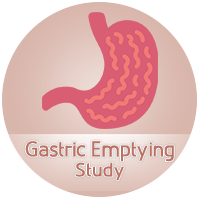
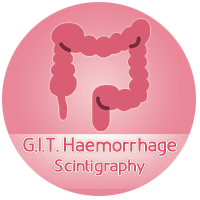
Leave a Reply